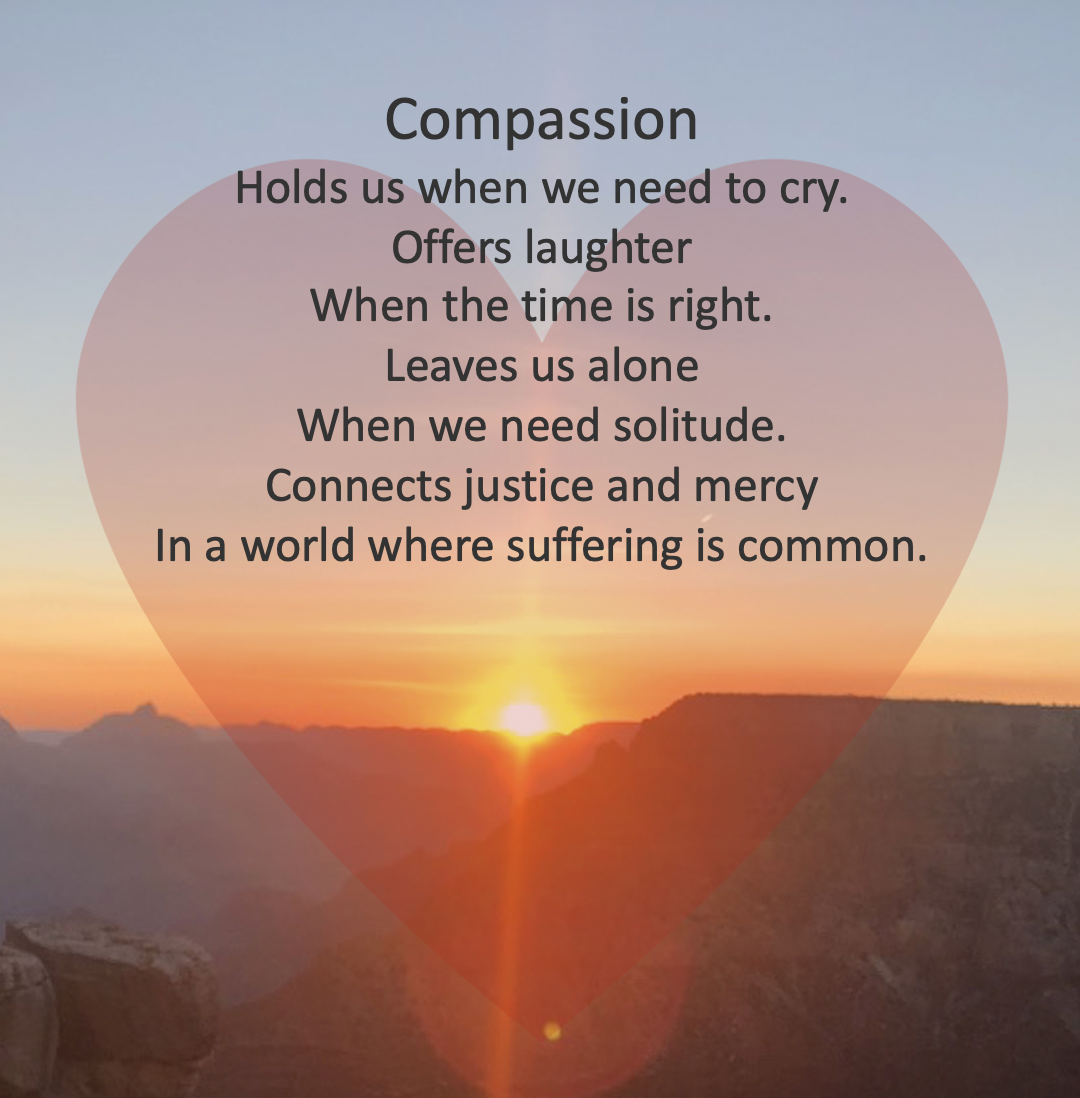In the new year, we should seek truth, pursue goodness, and surround ourselves with beauty. Truth, beauty, and goodness are linked. To live well and have a happy new year, we should resolve to ask ourselves three questions. Is it true? Is it good? And is it beautiful?
New year’s wishes and resolutions are often less enlightened. That’s because we are often confused about happiness. Perhaps we think that happiness is something that happens to us—like winning the lottery. Or we confuse power and influence with happiness.
But happiness has little to do with external goods. It is not an object. Nor is it given to us by someone else. Happiness is a by-product of the daily struggle to live well.
Ancient wisdom teaches that fame and fortune are fleeting. The same is true of health, and even life itself. The external goods we desire and pursue are beyond our control. Businesses go bankrupt. Diseases, storms, and accidents afflict us. Social life involves conflicts and disputes. And politics is chaotic and often ugly.
Some external goods are necessary. Money is useful. It helps to live in a safe home and neighborhood. But the key to happiness is not acquiring wealth or living in a mansion behind a guarded gate. It is also useful to have a good reputation. But fame is less important than the glory-seekers think. A healthy body is important. But physical health is less valuable than health of the soul.
Truth, goodness, and beauty are more substantial and enduring than fame and fortune. True statements are not subject to the opinions of the masses. Logic, mathematics, and science remain stable, while the opinions of the world swirl about. And despite propaganda and fake news, the truth is there, waiting to be known.
The same kind of stability is found in a good person. Liars and cheats are unpredictable. Braggarts and loud-mouths rage and fume. And crooks have crooked souls. But good people are trustworthy and reliable. Their integrity makes them steady and resolute.
A good soul is also beautiful. Beauty is harmony and proportion. In music, beauty is heard in the balance of a chord and the pattern of rhythm. A good life is marked by this kind of patterned concord.
The Confucian tradition explained harmony and goodness on analogy with music—and with cooking. A delicious meal involves the right balance of spicy and sweet, flavors and textures. So too with music, and with life. The parts of life must be measured and coordinated with wisdom and restraint. When life give you lemons, you should make lemonade. And when things fall out of rhythm, you need to get back on the beat.
Some traditions suggest that the transcendent goods of truth, goodness, and beauty put us in touch with the divine. Plato said virtuous human beings became godlike. Plato imagined the gods as true, good, and beautiful. The essence of the divine is a kind of eternal stability and glowing beauty. To live well, we should try to live in a way that imitates that ideal of perfection.
Of course, perfection is not available for mere mortals. Happiness is not always easy to obtain. We are fallible beings in a broken world. Human life is an ongoing process of overcoming challenges. Great art comes from struggle. The same is true of scientific achievement and business success.
Understanding the value of struggle can provide us with inspiration and hope. This world contains much that is ugly, dishonest, and evil. The wickedness of the world can make us resentful. It can lead to despair. It can even seduce us into giving up on the task of living well.
In a corrupt world, it is easy to become corrupt and complicit. It is more difficult to struggle on, and to remain steadfast against the seductions of the world. The gods do not struggle to be good, beautiful, or true. But human beings must work at it. The struggle to live well is part of the project of being human. That’s why as the new year dawns, we make resolutions. We need to continually renew our commitment to being better, more truthful, and to living a more beautiful life.





